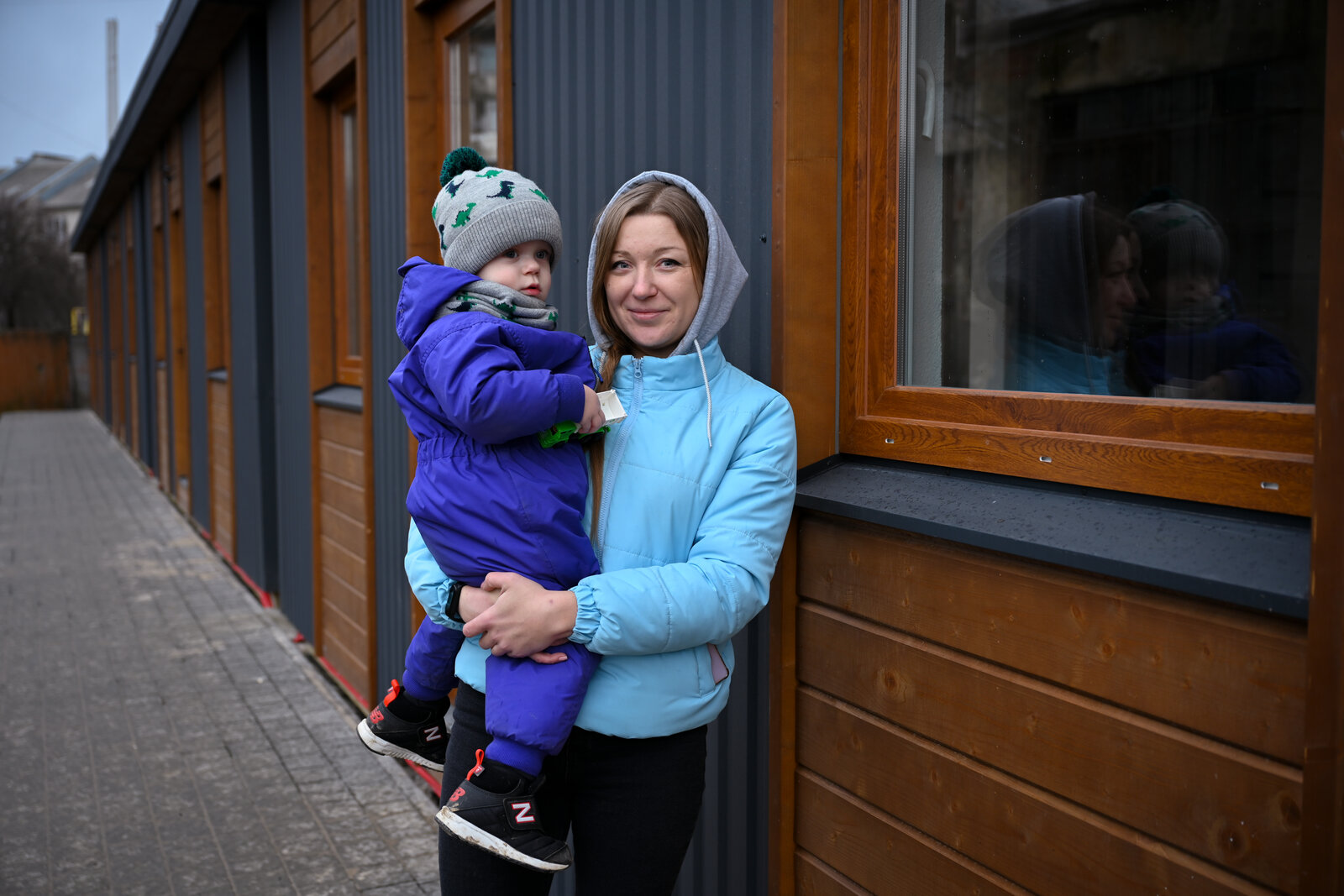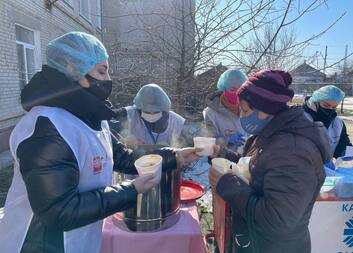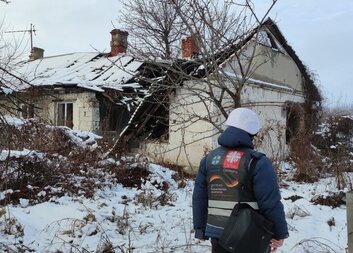Caritas is helping in Ukraine despite ongoing fighting
The security and humanitarian situation in Ukraine is critical. Caritas is helping the war-affected population despite the ongoing fighting. It is helping internally displaced people to secure basic needs - water, food, shelter - and providing psychological support. Caritas Czech Republic has sent the first part of financial aid to Ukraine, and is providing assistance to Ukrainians fleeing to the Czech Republic.












